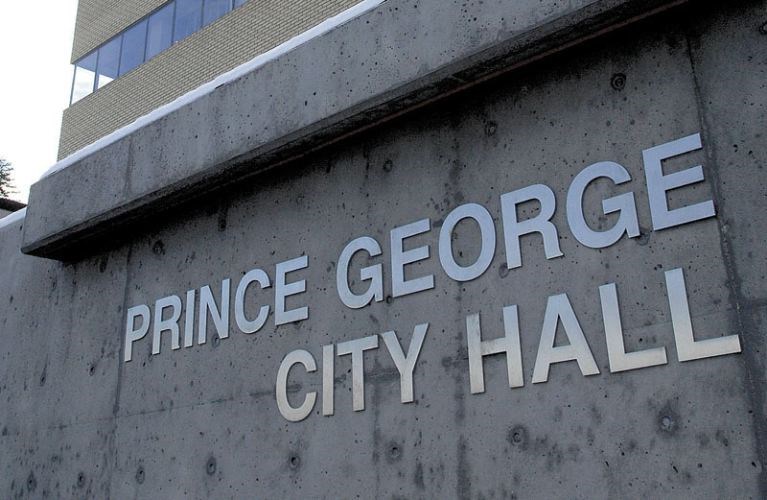Local governments across the province are being asked to make do with what they've got in terms of public transit service hours.
With minimal additional operating funding in coming provincial budgets, BC Transit has essentially enacted a three-year freeze on new spending.
"Planned service expansion over the next three years will be modest, and BC Transit will work with local government partners to increase ridership and meet customer demand mostly through optimization of existing services," wrote Kevin Mahoney, chair of the BC Transit board of directors in the Crown corporations three-year service plan.
When the province has the available funds, BC Transit is able to invest in service hours, said city transportation manager Dave Bradshaw. Communities can then make requests for those hours.
"So that flat budget means if you were looking at expanding or increasing transit service at this point, we'd have to stay stable as to what we've got now," Bradshaw said.
Unlike other communities, Prince George didn't have any specific asks for hours on the books, but was moving in that direction.
"From the recent Transit Future plan, we were looking at providing a bit more service to cover a few more of the stat holidays," Bradshaw said, something he said he'd like to move forward on.
In addition to a three-year spending freeze from BC Transit, the city has also been notified by Transportation Minister Todd Stone that they will be asked to look for cost savings.
Coun. Jillian Merrick, who campaigned as a transit advocate, said it's a broad-stroke approach that doesn't take into consideration the variety seen in each community that partners with BC Transit.
Prince George bus ridership has grown more than 250 per cent since 1999, Merrick said, and service hours have not grown with it.
Merrick said she would like to bring the issue to city council to discuss forwarding a motion to the Union of B.C. Municipalities expressing their discontentment with the province's approach to operating funds.
"They're calling on us to find additional cost efficiencies. I just don't see it. We increased user fares last year quite significantly, our service provider is known for being one of the most effective maintenance transit services in the province," she said. "I don't know where we're supposed to find this money and I'm feeling really frustrated with that mandate of constantly downloading the pressure on to municipalities to squeeze every dollar out."
She said the letter from Stone outlines capital investment in the form of 500 new buses for the BC Transit fleet. As part of its budget released last month, the federal government also announced new money for transit capital infrastructure improvements.
But Prince George needs operating funds to improve its public transit system, she said.
"It doesn't matter if we have fancy buses, they just need to run to more neighbourhoods and they need to run more frequently," Merrick said. "It shouldn't take someone an hour and a half to get to work on the transit system when it only takes them 20 minutes by car. That's our biggest challenge."



